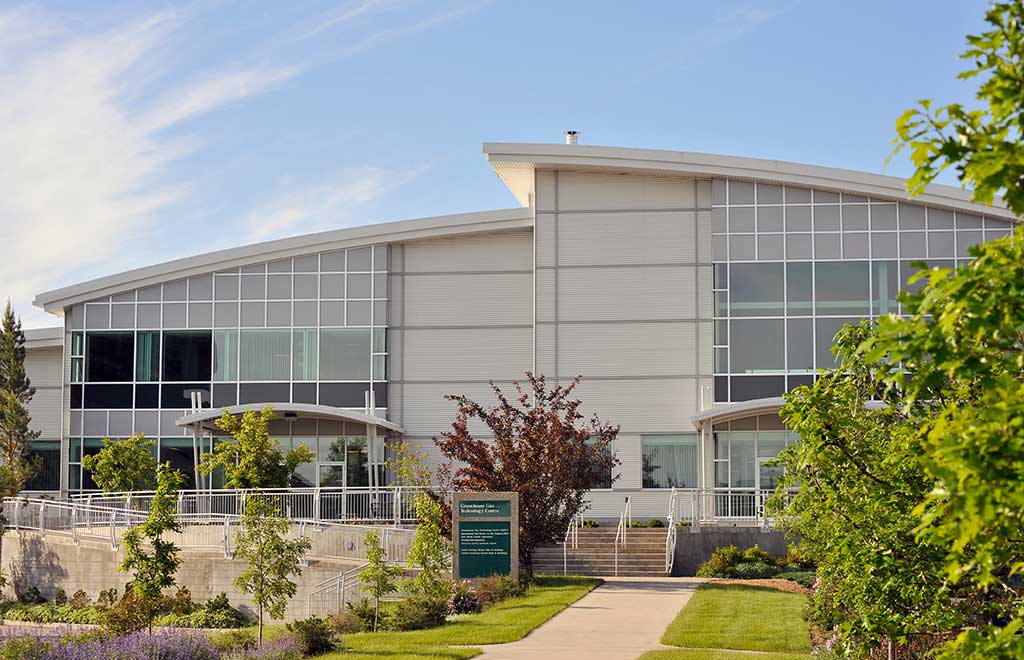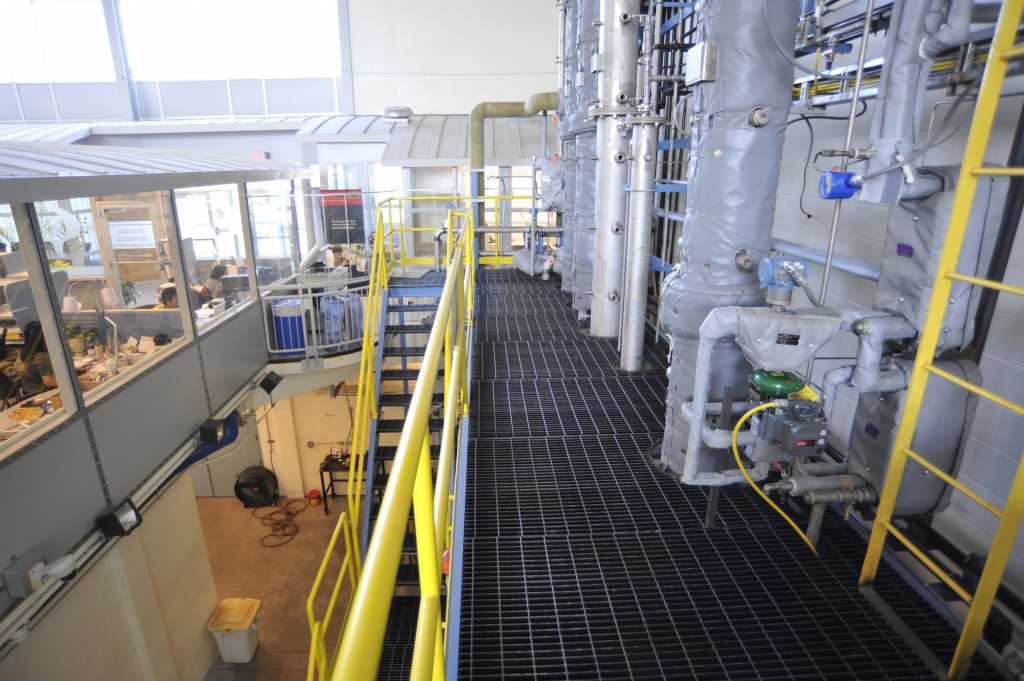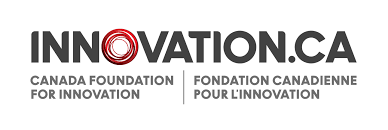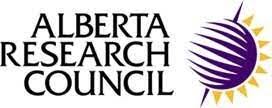CETRI centralizes all low-carbon and carbon-free clean energy research activities at the University of Regina (U of R). Areas of research focus include decarbonization and zero-emission hydrogen (H2) technologies, carbon (CO2) capture and utilization, and waste-to-renewable fuels and chemicals. Bringing together one of the most dynamic teams of researchers, industry leaders, innovators, and educators in the energy field, CETRI’s mission aligns with the Environment & Climate Action areas of focus in the University of Regina’s 2020-2025 Strategic Plan.
At CETRI, we adopt a comprehensive approach to clean energy research that includes feasibility & proof-of-concept studies, bench-scale & pilot-plant testing, process simulation & optimization, and pre-commercial demonstration. We offer technical, scientific, and hands-on learning opportunities for existing and prospective researchers in a diverse and inclusive environment. Our labs and facilities are also utilized to provide analytical services to external clients. We not only develop our own technologies, but our labs, pilot facilities, and expertise are utilized to test and analyze technologies developed by external clients.















